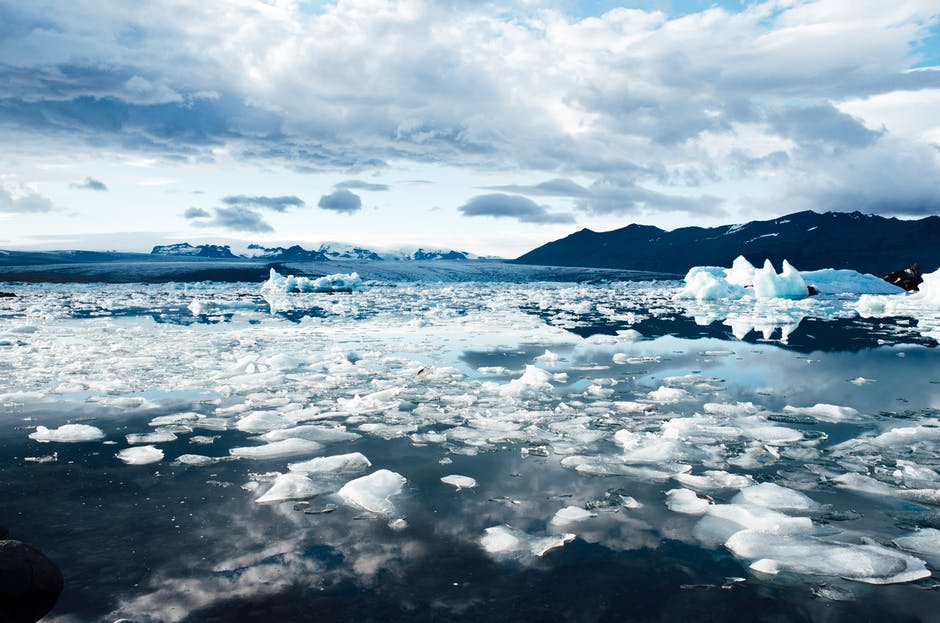Few thought it would arrive so quickly. Now we’re facing consequences once viewed as fringe scenarios.
For decades, most scientists saw climate change as a distant prospect. We now know that thinking was wrong. This summer, for instance, a heat wave in Europe penetrated the Arctic, pushing temperatures into the 80s across much of the Far North and, according to the Belgian climate scientist Xavier Fettweis, melting some 40 billion tons of Greenland’s ice sheet.
Had a scientist in the early 1990s suggested that within 25 years a single heat wave would measurably raise sea levels, at an estimated two one-hundredths of an inch, bake the Arctic and produce Sahara-like temperatures in Paris and Berlin, the prediction would have been dismissed as alarmist. But many worst-case scenarios from that time are now realities.

Science is a process of discovery. It can move slowly as the pieces of a puzzle fall together and scientists refine their investigative tools. But in the case of climate, this deliberation has been accompanied by inertia born of bureaucratic caution and politics. A recent essay in Scientific American argued that scientists “tend to underestimate the severity of threats and the rapidity with which they might unfold” and said one of the reasons was “the perceived need for consensus.” This has had severe consequences, diluting what should have been a sense of urgency and vastly understating the looming costs of adaptation and dislocation as the planet continues to warm.
In 1990, the Intergovernmental Panel on Climate Change, the United Nations group of thousands of scientists representing 195 countries, said in its first report that climate change would arrive at a stately pace, that the methane-laden Arctic permafrost was not in danger of thawing, and that the Antarctic ice sheets were stable.
Relying on the climate change panel’s assessment, economists estimated that the economic hit would be small, providing further ammunition against an aggressive approach to reducing emissions and to building resilience to climate change.
As we now know, all of those predictions turned out to be completely wrong. Which makes you wonder whether the projected risks of further warming, dire as they are, might still be understated. How bad will things get?
Read more: NY Times
Get The Right PowerBanx For Your Home
If you would like to know more about the PowerBanx range of home battery systems, and get a free instant quote, please complete our online form:





